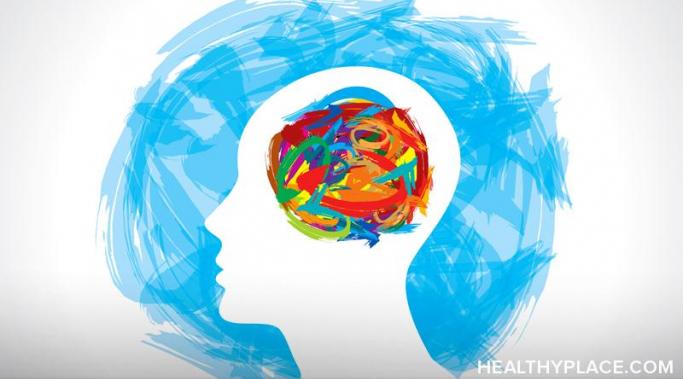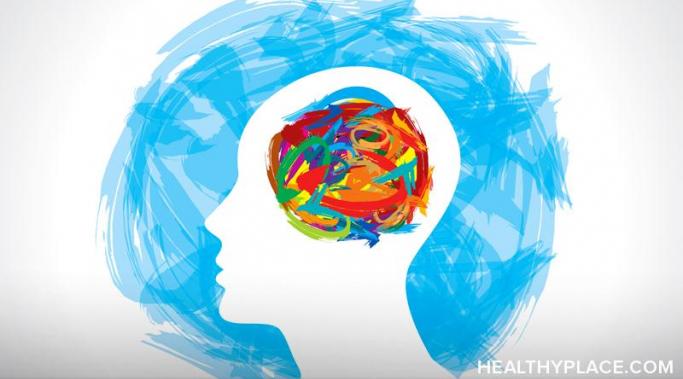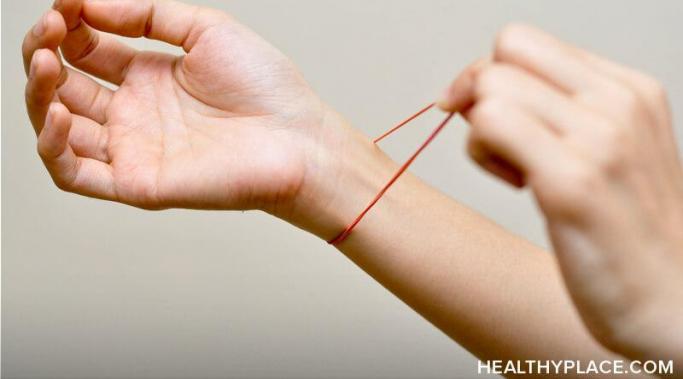The repercussions of self-injury go beyond the obvious. By sharing a bit about how self-injury affected my health, I hope to help you better understand the full extent of what you—or perhaps a loved one—may be going through.
Self-Injury Awareness
If you've ever wondered, "Why do I hurt myself when I'm anxious?" know that you are not alone. Public perception tends to associate self-harm with depression, but anxiety can be a major factor, too.
If you've ever asked yourself, "Why do I feel like hurting myself when I'm mad?" know that you are not alone.
While self-injury can sometimes be a precursor to suicide, self-harm and suicide are not inextricably linked. Blindly assuming one always leads to the other can potentially hinder, rather than support, the healing process. (Note: This post contains a trigger warning.)
If you've been having intrusive thoughts about self-harm—even if you've never hurt yourself and don't believe you ever would—ignoring them won't make them go away. In fact, it may make things worse.
Regardless of the methods involved, self-harm can make you tired in ways you might never have expected.
Violent entertainment is nothing new to humankind, but depictions of self-harm in video games can be especially shocking—even more so, perhaps, if you struggle with self-harm yourself.
The paradox of self-harm can be difficult to understand, even for those of us living inside it. We hurt ourselves to feel better—and no, on the surface, that doesn't make sense. But in the moment, sometimes it feels like the only option we've got.
Not every case of self-injury is obvious. Whether you're talking clinically or colloquially, it can be hard sometimes to clearly define what counts as self-harm and what does not.
Self-harm fanfiction can be a tool for healing or a harmful trigger to self-injure. It all depends on the writer's intent and the reader's discretion.









